Reportage
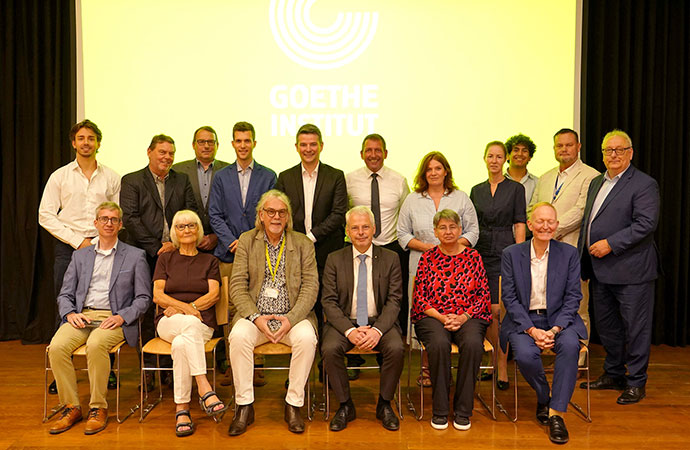
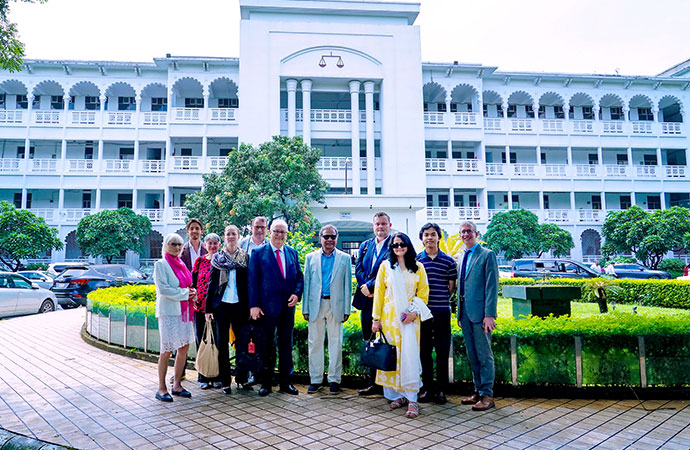
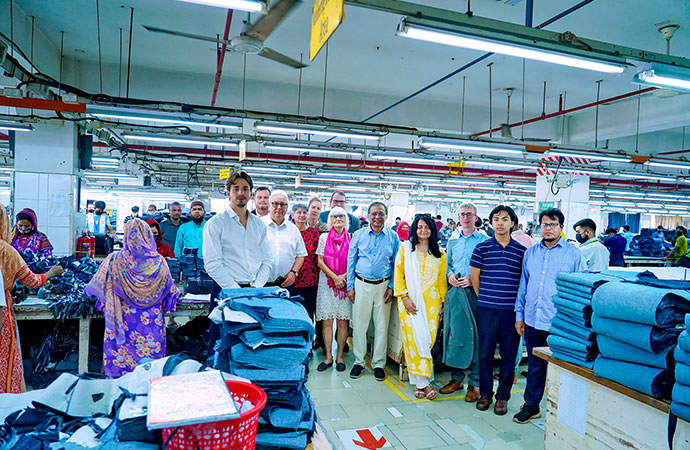
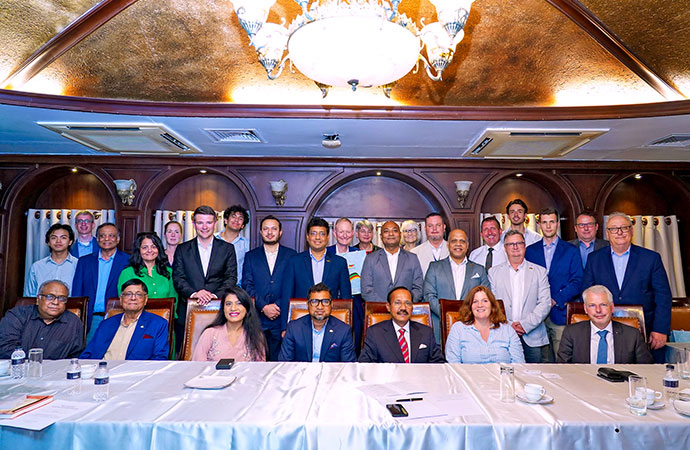
Last week, a high-level 15-member European delegation, primarily comprising parliamentarians and civil society members from Germany, undertook a four-day study tour of Bangladesh underlining the importance of dialogue and greater understanding between Germany and Bangladesh.
The know-Bangladesh-better tour was facilitated by The Friedrich Naumann Foundation for Freedom (FNF) South Asia, a Germany-based organisation that promotes individual freedom and classical liberalism. The delegation arrived in Dhaka on August 12 as part of their four-nation tour of South Asia that also took them to the Maldives, Bhutan, and India. It left Dhaka on August 15.
The visit from German liberal politicians and civil society members came as Bangladesh's interim government, led by Nobel laureate Professor Muhammad Yunus, marked the first year in power since last year's mass uprising that ended over 15 years of authoritarian rule of former Prime Minister Sheikh Hasina.
Since the changeover Bangladesh has initiated a series of reforms aimed at holding a truly free and fair election and constitutional guarantee that no future ruling party in Bangladesh turns into a dictatorship. Through the brief but programme-packed visit the German visitors had an opportunity to see and feel for themselves the vibes of the changes the interim government, with support from pro-reform political parties, is seeking to make for establishing democracy and promotion of justice and human rights.
According to the organisers the overall goal of the visits was to foster stronger networks between European political and economic institutions and their counterparts in these countries, including Bangladesh. The objectives of the Bangladesh visit included an understanding of the current political and economic situation - progress, challenges, and outcomes that the interim government has experienced and achieved. More specifically, how the reform process is expected to bring short-term and long term improvement in governance, accountability, transparency, and strengthening of the democratic and financial institutions.
The delegation held meetings with a wide range of high ranking and well-respected individuals, several of whom represent key institutions of the country. This included bilateral meetings with Md. Asaduzzaman, attorney general of Bangladesh, Mr. Lutfey Siddiqi, chief adviser's envoy for international affairs of Professor Muhammad Yunus, Dr. Rudiger Lotz, German ambassador to Bangladesh, Mr. Frank Werner, director of Goethe-Institute, Bangladesh; and Ambassador Indra Maney Pande, secretary general, Bay of Bengal Initiative for Multi-Sectoral Technical and Economic Cooperation (BIMSTEC) and Shahidul Islam, director at NETZ Bangladesh, a German-based NGO working for justice and development.
"The visit aims to intensify connections between Europe, particularly Germany, and one of the world's dynamic growth regions of South Asia, and to highlight the potential for mutual learning," said Dr. Carsten Klein, regional director of the FNF South Asia.
The delegation was led by Dr. Carsten Klein, regional director of FNF South Asia. "The visit aims to intensify connections between Europe, particularly Germany, and one of the world's dynamic growth regions of South Asia, and to highlight the potential for mutual learning," said Klein.
The delegation members held interactive discussions with eminent civil society and business representatives. Major General Kazi Ashfaq Ahmed (retired) presented a paper entitled "The Bay of Bengal: A Strategic Space in the Indo-Pacific."
At another event Dr. Fahmida Khatun, an eminent economist and executive director at Centre for Policy Dialogjue and senior journalist Farid Hossain provided an analytical historical synthesis of causes or factors that led to the student-led July uprising and dramatic change of government in August last year. The delegation heard from them a balanced view of the opportunities and challenges that lie ahead for future governments in moving the country forward. During question-answer session some delegation members wanted to know more about the interim government's reform initiatives, the state of the economy, the freedom of press and the national elections scheduled in February next year.
The team also met with Shahidul Islam, director of NETZ Bangladesh, a German-based NGO and witnessed a presentation on an overview of their programming activities aimed at poverty alleviation, skill development, women empowerment, and employment generation. Mr. Maksud, president of the Bangladesh German Chamber of Commerce and Industry (BGCCI) and his colleagues during a meeting with the team discussed prevailing trade and investment opportunities between Bangladesh and Germany.
The meeting was told that Germany has always been a solid partner in Bangladesh's development programmes and economic advancement.
During a visit to a garment factory at Savar the team went round different sections and talked to some women workers through an interpreter. They seemed greatly impressed at the working conditions and efficient management system at the export-oriented factory of the Sterling Group, Bangladesh.
They appreciated how and why Bangladesh has achieved such impressive growth in the export of readymade garments and textiles.
The visit was an overwhelming success. The delegation, representing different regions of Germany, and outside it, said they were truly impressed with the dynamism of the country's economic activities, and expressed optimism of its future political, social, and economic growth and prosperity, facilitated by strong supporting public as well as private institutions.
The delegation included Ms. Sandra Weeser, member of the Bundestag, Dr. Marcus Faber, chairperson of the German Bundestag Defence Committee, Dr Jurgen Martens, president of Deutsche Gruppe der Liberal International, and other reputed figures from German politics, economy, and civil society.
Bangladesh and Germany enjoy a strong and historical relationship, marked by close political, economic, and development cooperation. Germany was one of the first European countries to recognize Bangladesh's independence in 1972. Today, the two countries collaborate on various fronts, including development assistance, trade, and addressing global challenges like climate change. The two countries also share a mutually beneficial trade relation.














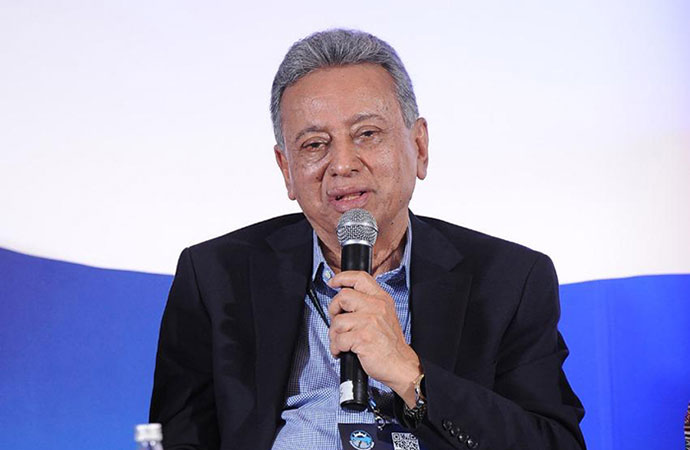
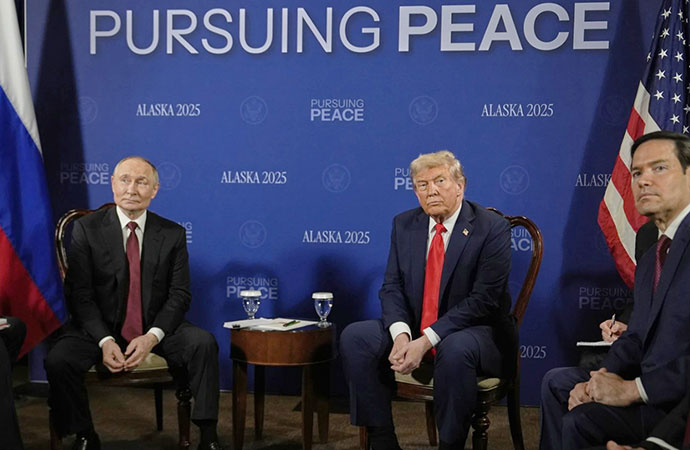









Leave a Comment
Recent Posts
Religion and Politics: A Toxic ...
At Dhaka University, cafeteria workers have been told not to wear shor ...
Enayetullah Khan joins AsiaNet ...
AsiaNet’s annual board meeting and forum was held in Singapore, ...
In a New York minute
Many leaders back a UN call to address challenges to ..
Defaulted loans at Non-Bank Financial Institutions ( ..
How the late Zubeen Garg embodied cultural affinitie ..